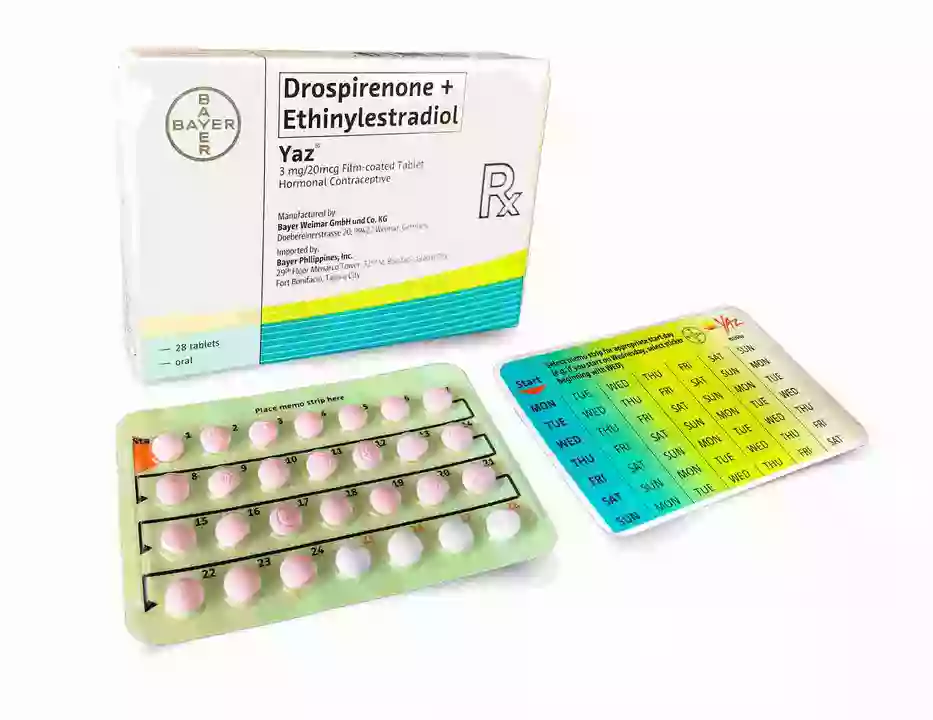Prevent Pregnancy: Practical Contraception Tips You Can Use Today
Want to prevent pregnancy without the confusing jargon? Here are straightforward, reliable options and quick steps you can take right now. I’ll cover what works, what doesn’t protect against STIs, and when to act after a slip-up.
Quick ways to prevent pregnancy now
Use a condom correctly every time. Put it on before any genital contact, squeeze the air out of the tip, and roll all the way down. Condoms are the only method that also helps prevent STIs. Use water-based lube to avoid breakage and check the expiry date.
If you need backup after unprotected sex, emergency contraception can help. Levonorgestrel (Plan B) works best within 72 hours. Ulipristal (ella) can work up to 120 hours and may be more effective; both are available at many pharmacies or by prescription. A copper IUD placed by a clinician within five days is the most effective emergency option and also gives long-term protection.
Hormonal pills, implants, injections, and patches prevent pregnancy when used correctly. The daily combined pill and progestin-only pill are common: take the pill at the same time each day for best results. If you miss pills, follow the packet instructions and contact your provider if you’re unsure.
How to pick a method that fits
IUDs and implants are low-effort options that last years. Once placed, you don’t need to think about them daily. They’re great if you want reliable protection without daily pills. The copper IUD is hormone-free and works immediately; hormonal IUDs thin the lining and lower bleeding for many people.
If you plan on STI protection plus pregnancy prevention, pair condoms with another method (the “dual method”). For short-term or occasional sex, condoms or withdrawal plus emergency contraception are options, though withdrawal is less reliable.
Some medicines lower the effectiveness of hormonal methods—rifampin-like antibiotics, certain seizure meds, and some herbal supplements (like St. John’s wort). Tell your clinician or pharmacist what else you take so they can advise you.
Thinking about permanent options? Sterilization is surgical and meant to be permanent. Talk it through with a clinician and think about future plans before choosing this route.
Not sure what to choose? A quick clinic visit or chat with a pharmacist can point you to options that match your health, lifestyle, and how often you have sex. If cost or access is an issue, many clinics and health services offer free or low-cost options—ask about them.
Final note: emergency contraception is not an abortion pill. It prevents pregnancy when taken soon after unprotected sex. If you’re pregnant or suspect you might be, see a healthcare provider for testing and advice.
If you want, I can list clinics, pharmacy tips, or a checklist for when to use emergency contraception—tell me where you’re located and I’ll help find local options.
How Ethinylestradiol BP Works to Prevent Pregnancy
Ethinylestradiol BP is a fascinating hormone that plays a crucial role in preventing pregnancy. As a synthetic estrogen, it works primarily by inhibiting ovulation, ensuring that no eggs are released to be fertilized. Alongside this, it also thickens the cervical mucus, making it more difficult for sperm to swim and reach the egg. Additionally, Ethinylestradiol BP alters the lining of the uterus, making it less receptive to a fertilized egg. In essence, this powerful hormone provides multiple layers of protection to prevent pregnancy, making it a reliable choice for contraceptive methods.






